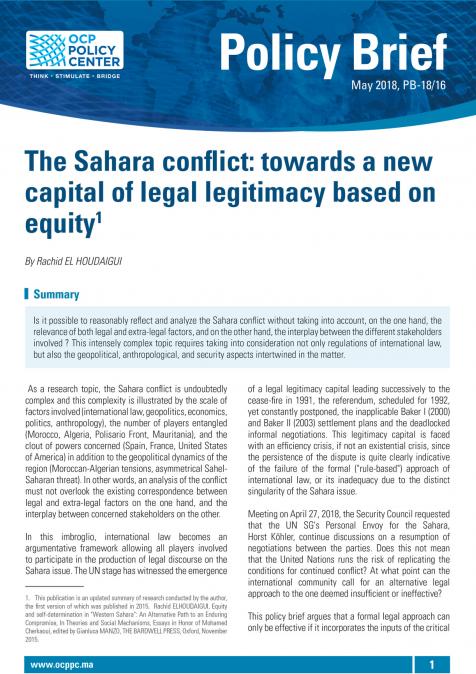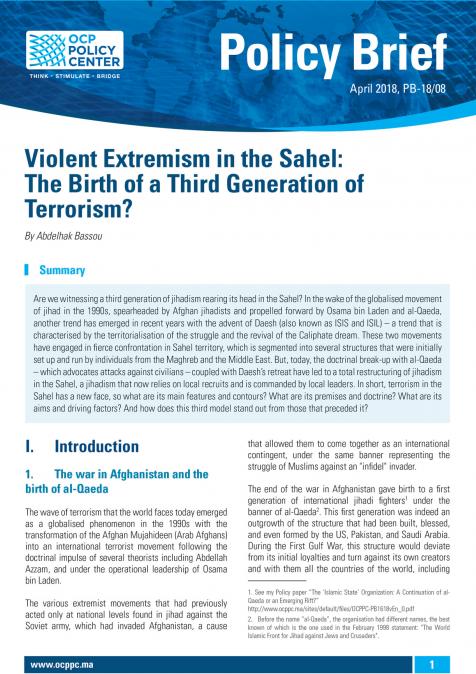APSACO 9th Edition : Sahel, Libya, Great Lakes: Conflict Trajectories in a Year of Uncertainty
In 2024, Africa’s most protracted and destabilizing conflicts, Sudan, Libya, and the Great Lakes, continue to evolve in ways that challenge regional stability and expose the limits of existing peace frameworks. Despite diplomatic efforts and shifting international attention, these crises persist as complex systems of violence marked by fragmentation of authority, militarization of politics, and transnational entanglements. What defines the current trajectory of each conflict? Are there meaningful inflection points, or is the continent facing a new phase of entrenched instability?
This panel will examine the strategic and political dynamics shaping the evolution of these three conflict zones in 2024. It will explore the role of regional actors and external powers in either reinforcing or undermining peacebuilding efforts, while assessing how these crises affect broader continental security architecture. Can renewed diplomatic engagement reverse these trajectories, or are current patterns reinforcing long-term fragmentation and instability? Through a comparative lens, the panel aims to identify what these cases reveal about the changing nature of conflict on the continent and the capacity of African and multilateral mechanisms to respond.




